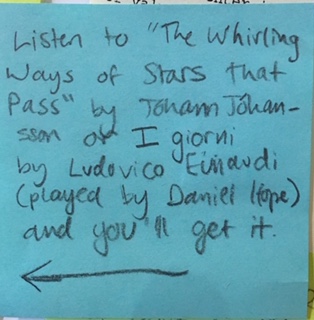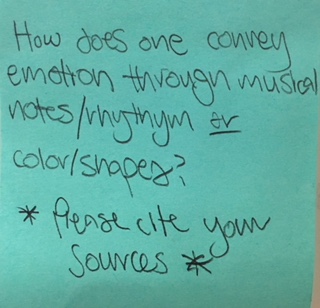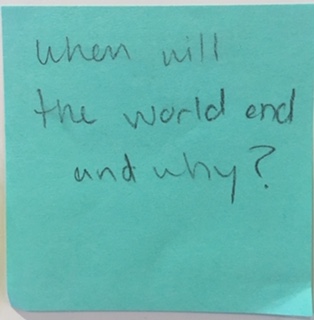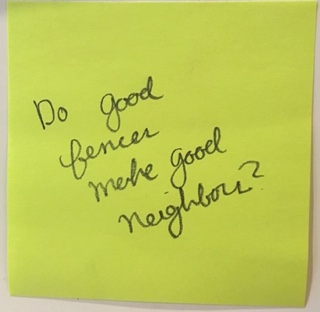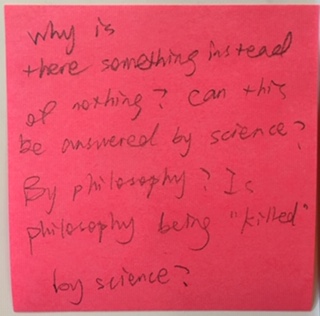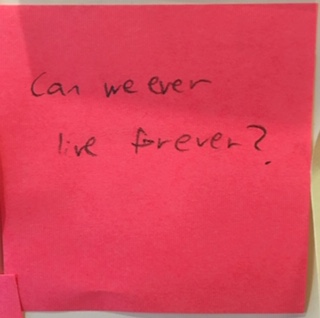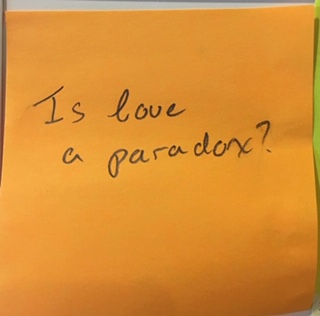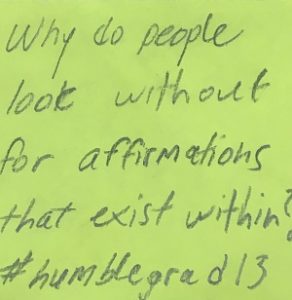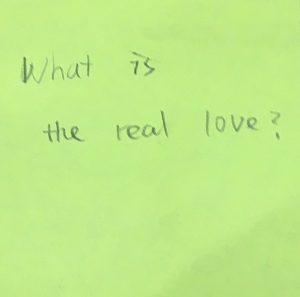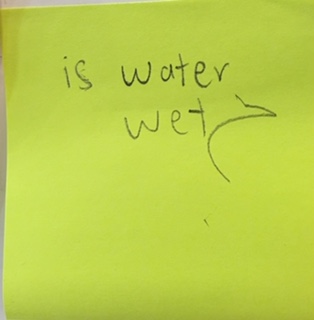
Yes. Probably. Apparently if you have less than 6 molecules of water, it doesn’t behave like water. At 6 or more. the volume of water begins to take on a 3D structure and exhibit the properties that we think of when we think of water and wetness (see bit.ly/WaterDipole). Whether water can be wet is more of a definitional argument that has no answer. If you believe this dictionary definition of Wetness (http://bit.ly/WetnessDef), then water does in fact consist of liquid and is therefore wet. If you don’t believe it, then that’s fine, you just have to justify your answer. This is a case of language breaking down when it comes to actually describing our world and sensations.

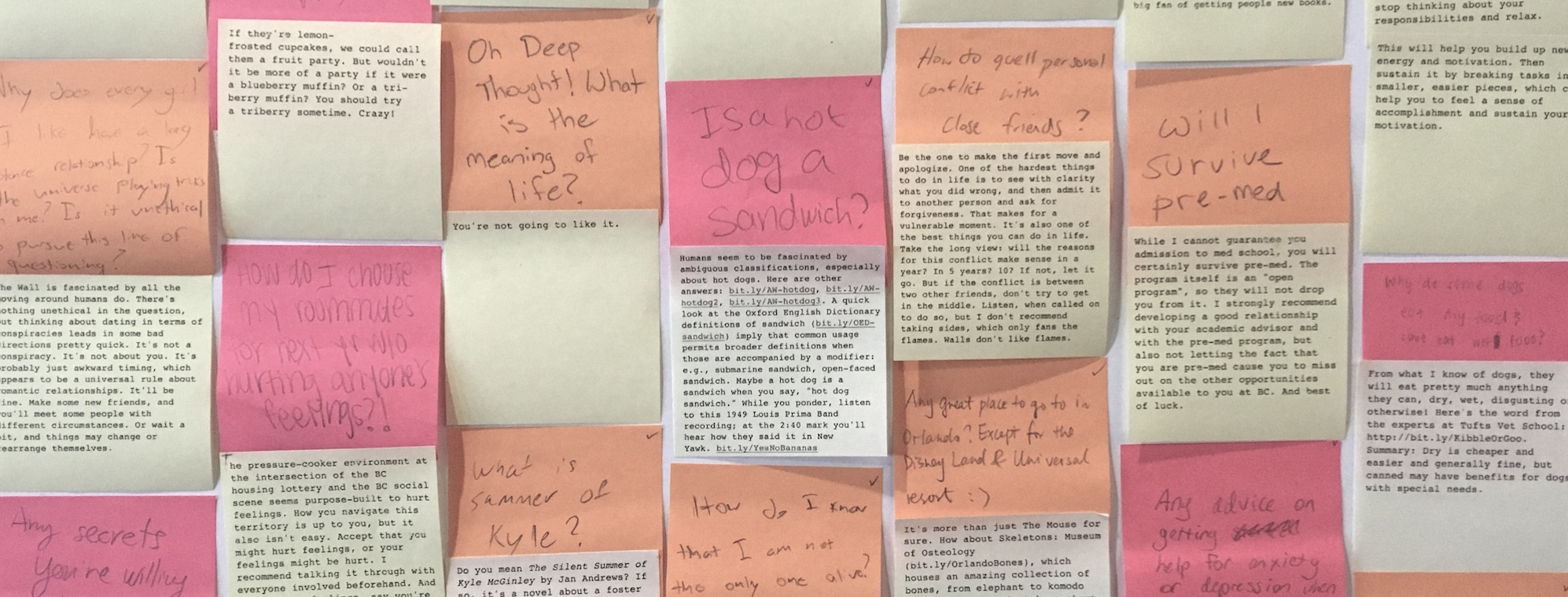
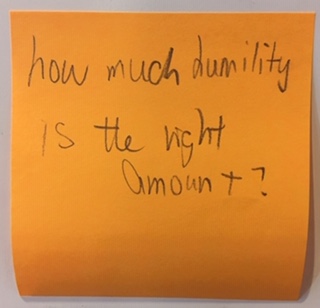
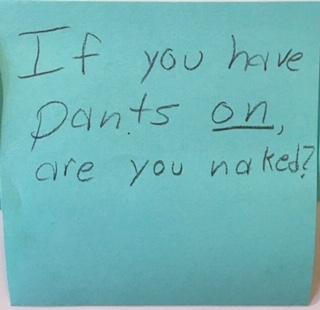
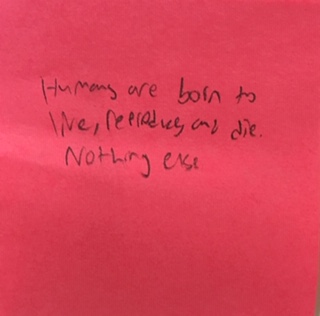
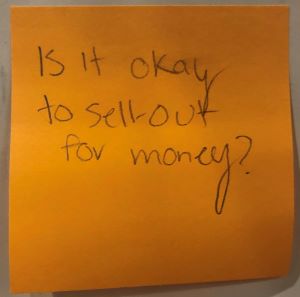
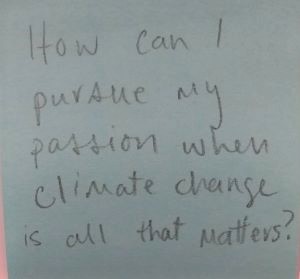

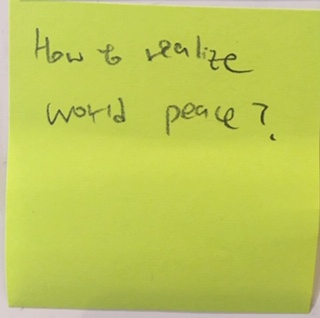
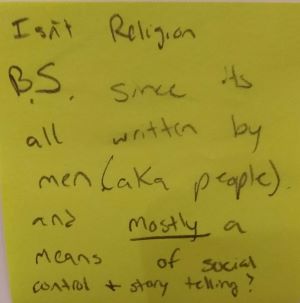
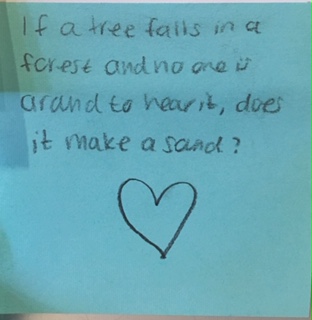
![What is [Louimas?] talking about re: self and the other??](https://library.bc.edu/answerwall/wp-content/uploads/2019/03/aw030519-1.jpg)
